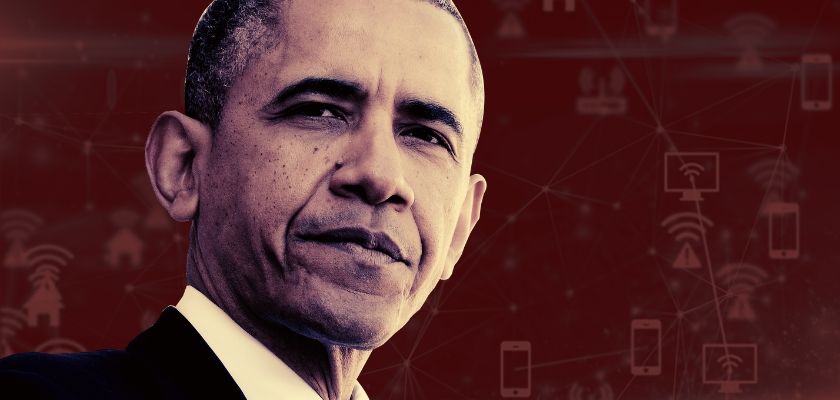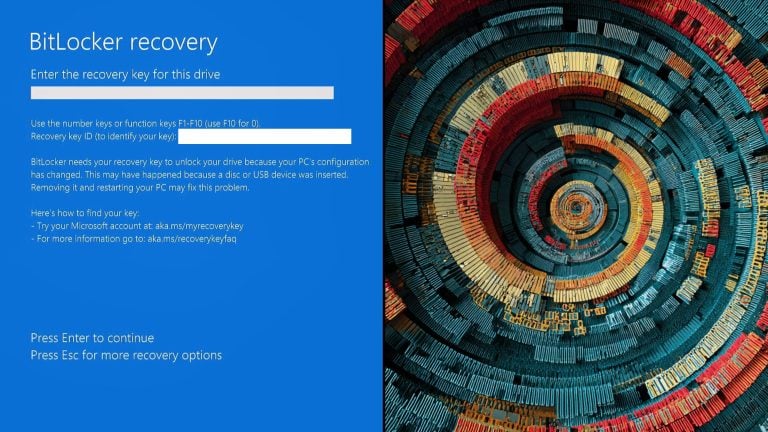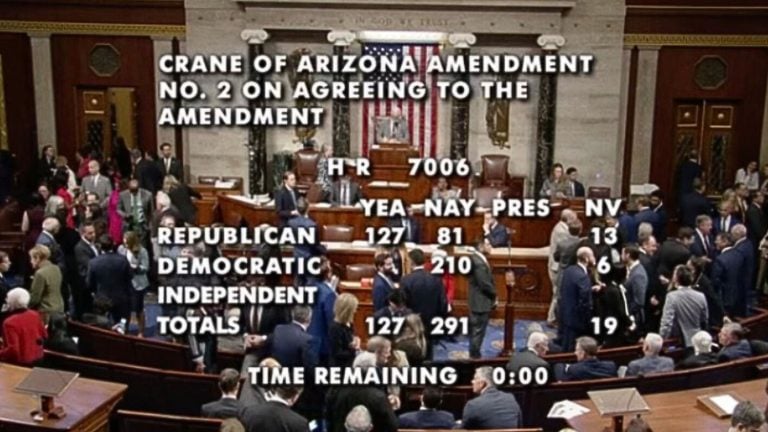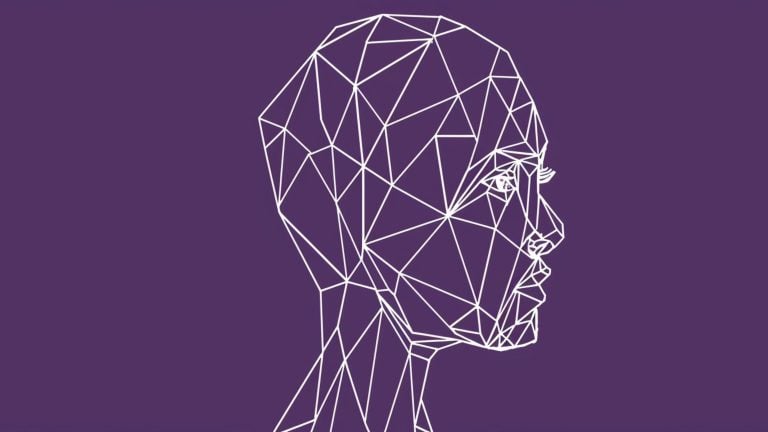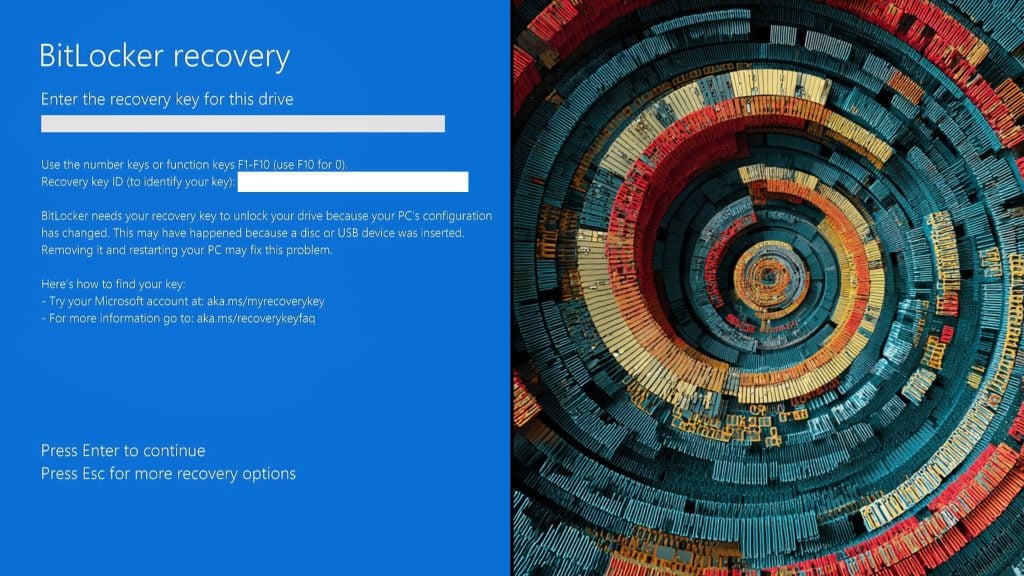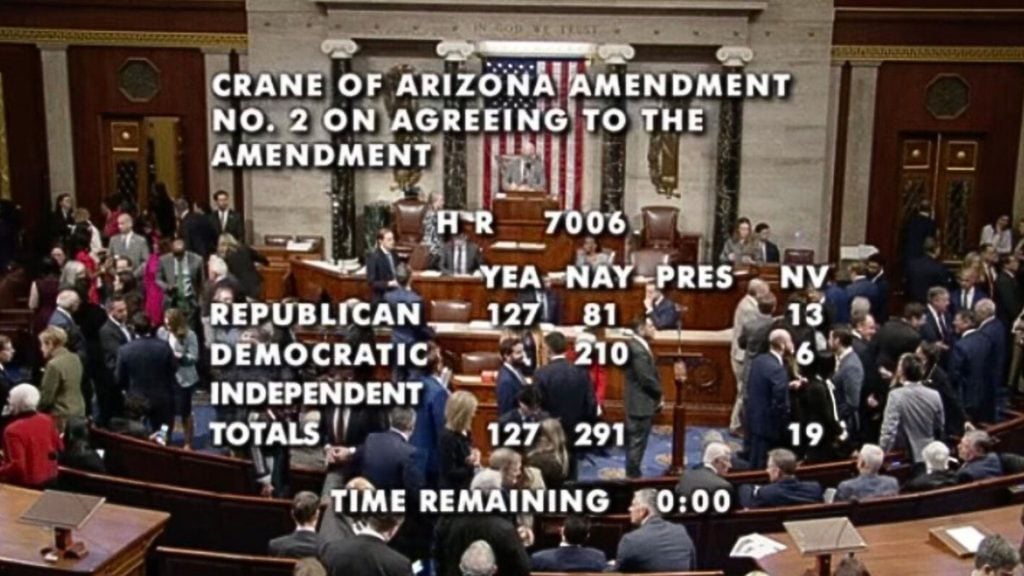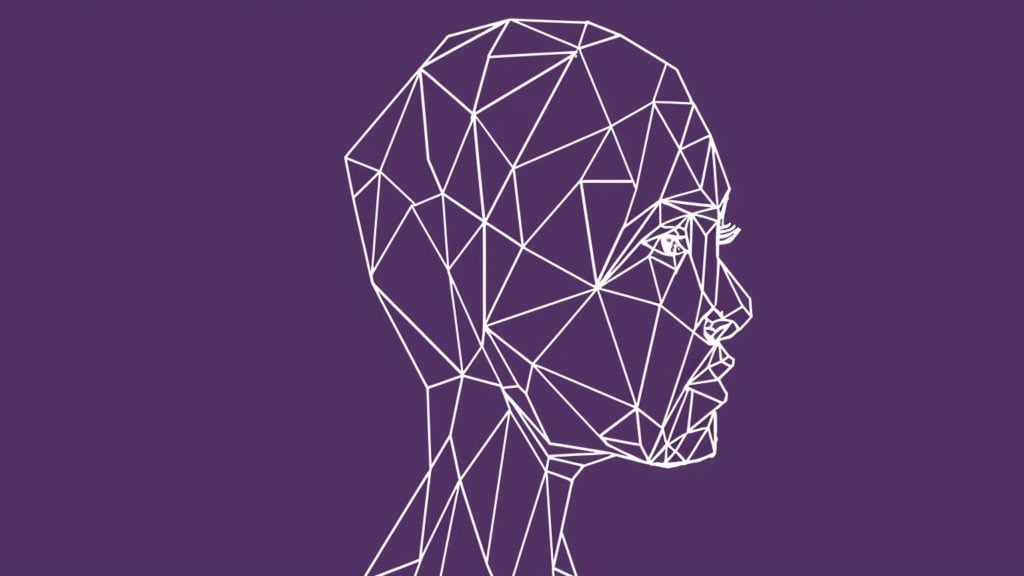Former US president Barack Obama has weighed in on the mass shootings in El Paso, Texas, and Dayton, Ohio by calling on internet platforms to come up with better strategies to reduce the influence of online hate groups.
In a statement posted to Twitter, Obama suggested that the El Paso shooting was the result of online radicalization via white nationalist websites and called for internet platforms to do more to combat these hate groups:
“While the motivations behind these shootings may not yet be fully known, there are indications that the El Paso shooting follows a dangerous trend: troubled individuals who embrace racist ideologies and see themselves obligated to act violently to preserve white supremacy. Like the followers of ISIS and other foreign terrorist organizations, these individuals may act alone, but they’ve been radicalized by white nationalist websites that proliferate on the internet. That means that both law enforcement agencies and internet platforms need to come up with better strategies to reduce the influence of these hate groups.”
While Obama didn’t mention the online imageboard 8chan directly, his comments are likely referring to multiple media reports alleging that the El Paso shooter posted a racist manifesto to 8chan minutes before the shooting began. These reports led to mass calls for 8chan to be shut down with many of these calls being directed at Cloudflare – a company which provides content delivery network (CDN) services and Distributed Denial of Service (DDoS) attack protection to websites. Cloudflare ultimately terminated service to 8chan following these calls.
Obama’s comments reflect the sentiments of many who feel that in the wake of these recent mass shootings, more needs to be done to combat online hate. They’re also similar to the comments former UK Home Secretary Sajid Javid made in the wake of the Christchurch shooting in New Zealand when he called on multiple social platforms to “do more” to stop violent online extremism. At the time, the Electronic Frontier Foundation (EFF) warned that calls for stricter enforcement could lead to excessive censorship and the silencing of innocent voices.
Since the Christchurch shooting, multiple internet platforms have made changes to reduce the influence of online hate groups, with many of these changes being directed at online white nationalist groups. In March, Facebook banned white nationalism and white separatism. In June, YouTube banned hateful and supremacist content.
As a result of these policy changes, there have been multiple examples of the excessive censorship the EFF warned about with YouTube taking down or demonetizing content from history teachers, independent journalists, and others.
We’ve also seen examples of extreme and dangerous policies being used to tackle online hate. For example, Facebook started compiling internal lists of “hate agents” and even temporarily allowed “threats that could lead to death” if they’re against designated “dangerous individuals.”
These examples show that internet platforms introducing new policies to tackle online hate is not always the right answer. Even Cloudflare’s CEO Matthew Prince admitted that removing 8chan does little to tackle the real problems of online hate and the wider issues that allow it to flourish:
“While removing 8chan from our network takes heat off of us, it does nothing to address why hateful sites fester online. It does nothing to address why mass shootings occur. It does nothing to address why portions of the population feel so disenchanted they turn to hate. In taking this action we’ve solved our own problem, but we haven’t solved the Internet’s.”

